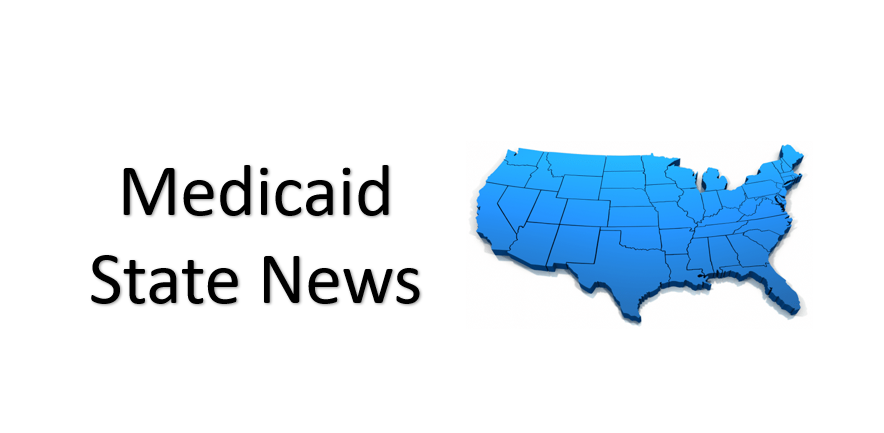
The article below has been highlighted and summarized by our research team. It is provided here for member convenience as part of our Curator service.
Curator summary
MO legislators are now grappling with the details of implementing (and paying for) the expansion voters approved in August 2019.
Missouri voters approved expanding Medicaid by about 7 percentage points in August, and now it’s up to the legislature to put a program in place during the 2021 session.
Missouri voters approved expanding Medicaid by about 7 percentage points in August, and now it’s up to the legislature to put a program in place during the 2021 session, which begins in January.
But the Republican-dominated legislature opposed expanding the public health option for low-income Missourians, and lawmakers are expected to introduce measures to limit who can access coverage in an effort to keep costs lower.
State Rep. Mary Elizabeth Coleman, R-Arnold, said “everything is on the table” when considering how the program will look in Missouri. This includes whether expansion is funded at all.
That will be a difficult hill to climb for conservatives, said Chuck Hatfield, an attorney specializing in government-related issues.
When voters approved Amendment 2, they expanded the population eligible to receive coverage to anyone age 19 — 64 with an income level no higher than 133% of the federal poverty line. For 2020, this was an annual income of $17,600 for an individual and roughly $36,000 for a family of four. Hatfield said the way the constitutional amendment was written means the legislature funds the entire Medicaid program or none of it.
“The law seems pretty clear that the legislature can’t go in and say, ‘Well we’re only going to fund part of the Medicaid program,'” Hatfield said. “You have to fund it all or you can’t fund any of it. If there is an effort to avoid complying with the constitution, I think cooler heads will prevail.”
Hatfield also pointed to Republican Gov. Mike Parson committing to implement the program as reason to believe lawmakers will ensure it’s funded. Parson did not support expansion, and in his State of the State address he called it a “tax increase Missourians could not afford.” But he said he will follow through on what voters agreed to.
“We’ll fully support Medicaid,” Parson said. “I’ve said that since Day One: once that vote came in, that we would support that. We’re going to have to pay for it out of the general revenue.”
Back to the ballot?
There’s also the option of putting expansion back on the ballot. Going against the will of the voters would not be new for the General Assembly. Most recently, Missourians saw this in November with a new ballot initiative to repeal the so-called Clean Missouri amendment that was overwhelmingly approved in 2018.
The ballot language voters approved said that the state is estimated to have “one-time costs of approximately $6.4 million.” It also said that the annual net fiscal impact could range from costing the state at least $200 million to saving $1 billion.
Outgoing state Rep. Kip Kendrick, D-Columbia, the ranking minority member of the Budget Committee, said he does not anticipate the costs associated with expansion to be as high as some are suggesting.
“I don’t think they’re anywhere near the $200 million, actually we’ve heard $300 million in costs,” Kendrick said. “But I do expect a cost anywhere from $10 million, I would think up to $75 million, in a new decision item in general revenue. But that levels out and quickly becomes a net positive on revenue, especially considering the economic impact of having all that money drawn down to the state.”
As Kendrick alluded to, expansion comes with a 90/10 match from the federal government. This means 90% of costs associated with expansion are covered at the federal level, and states that have already expanded Medicaid have been able to offset some of their program costs to become a revenue generator for their budgets.
According to a study conducted by the Institute of Public Health at Washington University, expanding Medicaid could save the state $39 million in the first year, and by 2024 the state could save a total of $932 million. In the worst-case scenario, however, it could cost the state an additional $42 million.
Jaclyn Driscoll is a reporter with St. Louis Public Radio, a reporting partner of The St. Louis American.
